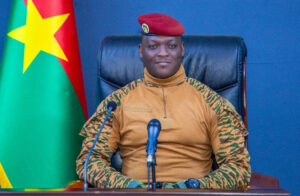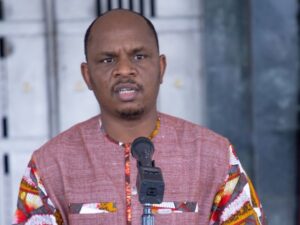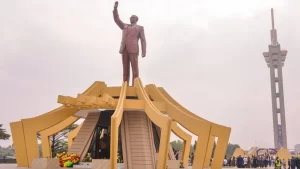DRC: Towards an embargo against Rwanda to end illegal mining
In a statement released on Tuesday, May 14, 2024, by the Minister of Mines, the Congolese government imposed an embargo against Rwanda to put an end to illegal mining in North Kivu.
According to Congolese authorities, the minerals extracted and transported to Goma cannot be sold because they are not tagged by the traceability system due to their illicit origin. To circumvent this difficulty, sellers use an alternative route passing through Rubaya, Mushake, and then towards Rwanda or Uganda for processing and exportation. Once in Rwanda, these minerals are tagged and sold internationally as normal, according to the same sources.
« As soon as established in this area, the M23 held a large meeting with all diggers and traders [including pregnant women and children], authorizing them to continue artisanal mining. They buy the produced minerals, store them in their large warehouses in Mushaki, before transporting them to Rwanda », denounced the Congolese government.
According to Minister Antoinette N’samba Kalambayi, Rwanda, through its armed wing M23, has intensified attacks on Rubaya, now under the control of the Rwandan army. Thus, she says, the M23 has authorized the continuation of artisanal mining, imposing a single tax of $3.000 per ton of coltan and $2.000 per ton of cassiterite, with payment in Kigali after sale.
The minister revealed that the M23 is intensifying mining, including by pregnant women and children. Still according to her, Rwanda has opted for a diversion strategy, temporarily suspending the export of mining products to avoid an increase in export statistics.
Recall that on April 22, 2024, the international law firms Amsterdam & Partners LLP and Bourdon & Partner, mandated by the DRC government, published a report denouncing the illegal exploitation of minerals in the country, entitled « Blood Minerals – The laundering of DRC’s 3T by Rwanda and private entities ». This document reveals serious human rights violations in the mining regions of the DRC and highlights the silent complicity of the international community in the face of massacres in eastern Congo.






